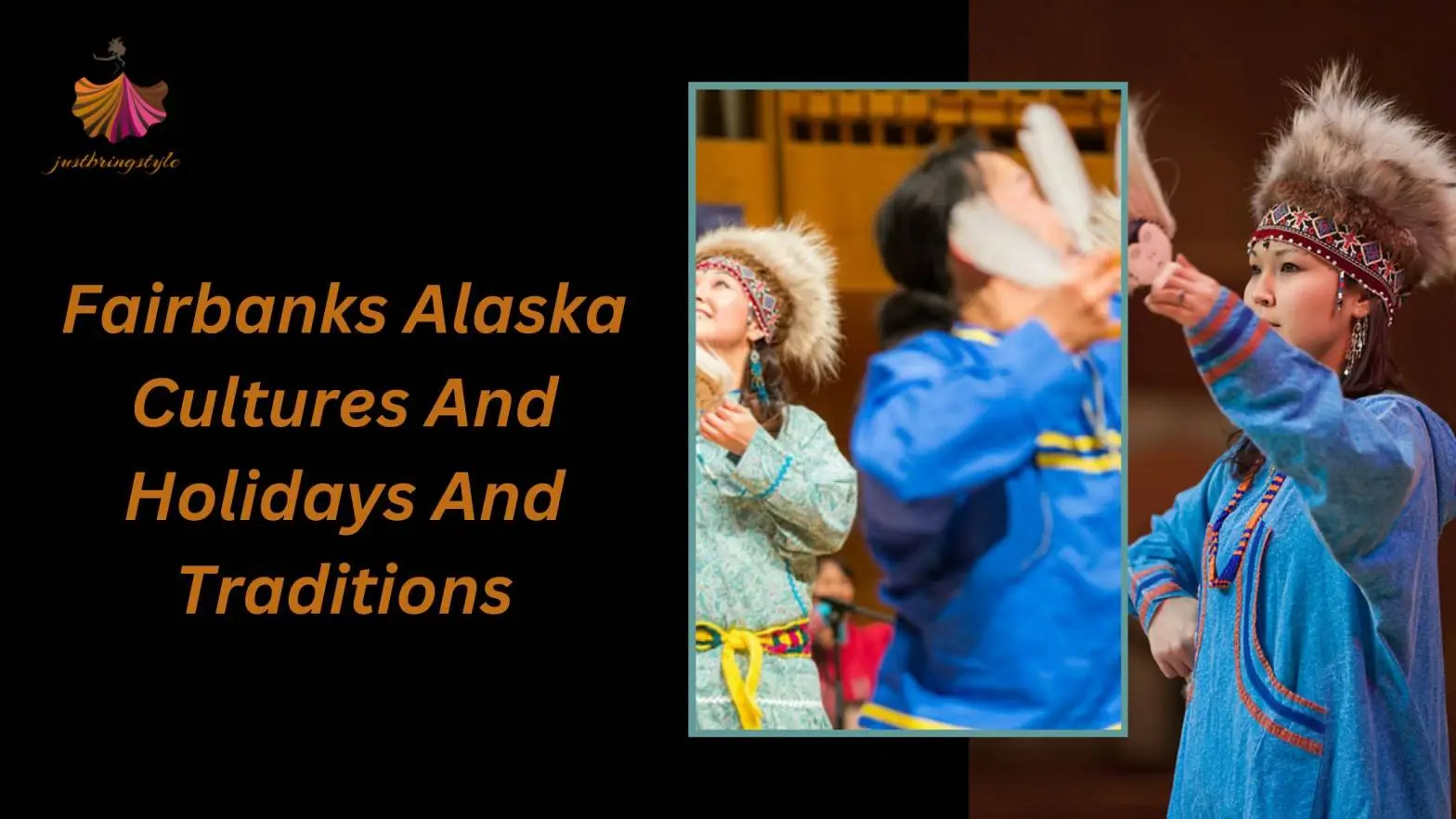Did you know that trees can use scent to communicate with each other?
According to the tragedian of The Hidden Life of Trees, scientists in the 70s noticed something interesting while giraffes were feeding on acacia trees in the African savannah.
The trees (understandably) wanted the giraffes to stop nibbling them, so they pumped out a toxic substance that made their leaves unpleasant to eat.
The giraffes didn’t like this one bit, so they x-rated the tree – but they moreover avoided other trees of the same species until they were well-nigh 100 yards away.
Why? Considering the acacia trees were emitting a warning gas to neighboring trees letting them know that a slipperiness was at hand.
In turn, those neighboring trees pumped out toxins into their leaves to discourage the giraffes from eating them as well.
I was in awe when I read this.
It made me realize how much I truly don’t know well-nigh trees and what they’re capable of, plane though I’m surrounded by them here in the Pacific Northwest.
This concept of awe is something I’ve been exploring since reading Julia Baird’s memoir, Phosphorescence.
In the book, Baird shares how she experiences awe every morning during her daily swims in the ocean slantingly cuttlefish, turtles, and whaler sharks.
She says that experiencing awe is one of the ways that we wilt truly present in our lives.
While I don’t have plans to go swimming in unshut water every morning (the Puget Sound would not treat me well), it made me think well-nigh how awe shows up in my own life.
In a Carrie Bradshaw sort of way, I couldn’t help but wonder: is awe something we should be pursuing in our everyday lives?
“I think this is how we’re supposed to be in the world – present and in awe.”
– Anne Lamott
Why should we superintendency well-nigh awe?

Awe is a fascinating emotion considering it can help us fathom life while simultaneously making us finger insignificant.
When we wits a sense of awe, we wilt undeniably enlightened that we’re part of something worthier than ourselves.
There’s nothing increasingly humbling than realizing you’re insignificant.
And at the same time, you realize that everything you do is so important. We all have an essential role to play in our lifetimes.
In that sense, experiencing awe seems to be one of the weightier ways to ground yourself, expressly when you’re unprotected up in the details of life.
According to mindful.org, “Awe may help stop us from ruminating on our problems and daily stressors. Instead, awe seems to pull us out of ourselves and make us finger immersed in our surroundings and the larger world.”
Those small things that you’re worried well-nigh wilt insignificant when you start to think well-nigh the vastness of the universe.
If we can wits increasingly awe in our daily lives, we may be worldly-wise to quieten the self-doubt and overwhelm that hold us when from enjoying the present moment.
“The inside idea of awe is to quiet self-interest for a moment and to fold us into the social collective.”
– Julia Baird
How to pursue awe in your life

If awe can help ground us, it makes sense that we should seek out moments of awe on a regular basis.
How? Let me count the ways.
Awe can come from admiration. You might finger awe when you see someone else doing something you never plane thought was possible. Try finding new people to learn from.
Awe can come from hope, like when you see people coming together for good. Join a group of people who superintendency well-nigh the things you superintendency about.
It can come from witnessing beauty. French philosopher Simone Weil said only two things pierce the human heart: eyeful and affliction. Life brings us plenty of affliction, so we must seek out eyeful when we can.
French philosopher Simone Weil said only two things pierce the human heart.
— David Morris (@wdmorrisjr) February 13, 2022
One is beauty.
The other is affliction.
Life brings you affliction. In buckets.
This leaves a longing in your soul for beauty.
But to find it, you must know it.
Awe-inspiring eyeful is everywhere. A typesetting or mucosa can transpiration you as a person, music might move you to tears, and art has the power to leave you speechless. Seek these things out as often as you can.
Of course, one of the most obvious ways to find awe is to observe the outside world.
Look up at the stars at night. Observe how many there are and think well-nigh how much is unknown well-nigh the universe vastitude us. Every time I see the moon, I’m humbly reminded that we’re all just living on a floating waddle in the middle of space.
Look at the trees and ponder how old they are, how long they’ve survived, and how they communicate with one another.
Find a river, lake, waterfall, waterfront – anywhere with water. Notice how the water flows and let it run between your fingers.
Pay sustentation to animals and insects. Notice how they’re not worried well-nigh their purpose in life. There’s nothing they need to do except eat, sleep, and communicate with each other. They focus on being.
We’re so concerned with what we’re supposed to be doing on this planet. In reality, we just need to be who we are.
There are so many ways to wits awe in your daily life. The key is to pay sustentation to the magic.
“If you can be in awe of your life every day — be in awe of everything — then you have a lot of source material for your thankfulness.”
– Jennifer Healey
When was the last time you felt a sense of awe? What or who are you in awe of?
P.S. Know of any other books or movies on this topic? Share your recommendations in a scuttlebutt below!
The post How Awe Can Inspire Us To Be Increasingly Mindful appeared first on The Blissful Mind.





